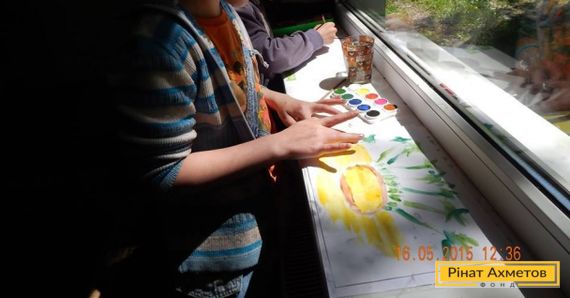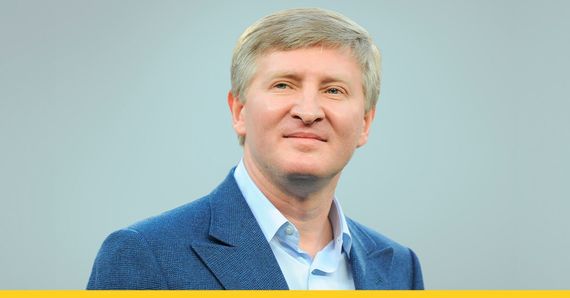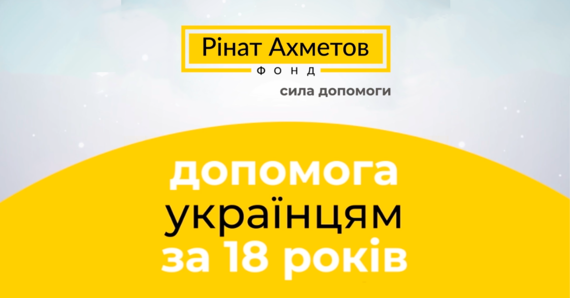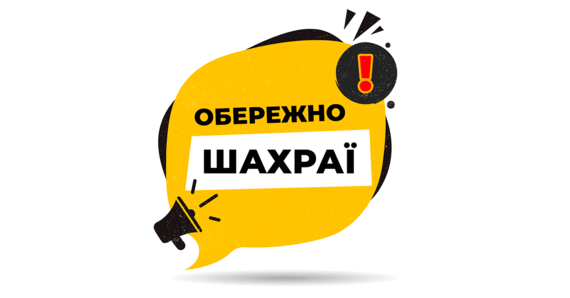«The most difficult thing was to start discussing ‘hot-button’ issues»

Every year on October, 10 the world celebrates the Day of mental health. Its task is to draw attention to psychological issues. The war in Donbas not only destroys the cities - it brings pain and suffering to ordinary people who have to live under shellings. One of the witnesses of these terrible events is the nine-year-old Sasha from Mariupol. After the outbreak of the military conflict, the boy became reserved, had a panic reaction to loud sounds and awoke at night with a start. The psychologist of the Rinat Akhmetov Humanitarian Centre project "Psychological Support" helped him to cope with stress. In 11 regions of Ukraine, the psychologists trained by the Centre provided support to the families of Donbas.
Liudmyla Zakordonska, Sasha’s mom, told us in an interview about the process of psychological recovery.
“What made you contact the Centre for help?”
“My son faced his first problems after the outbreak of hostilities in Donbas. However, the morning of January 24 in 2015 printed on my mind, when the shelling of the Vostochnyi district began, and the hostilities resumed. That morning my family had breakfast, but suddenly heard a loud sound. We looked out of the window and saw how the shells flying at us. The son saw all this horror. Because of the stress, he was getting worse every day. Sasha began to sleep nervously: he often woke up at night and shouted. I saw him tremble with fear and fall into a cold sweat. Later, the child began to have vomiting spells, which only increased with the course of time... My heart was breaking with pain! We did not know where to run for help. At that time there was not a single psychological centre in Mariupol that would help our child. Our family heard a lot about Rinat Akhmetov's help, so we turned to the Humanitarian Centre.”
“Tell us, how was the first meeting with the psychologist?”
“The first sessions began in September two years ago. Our impressions of communicating with a specialist were very positive. We saw the first results in a week already.”
“What were the most difficult times of rehabilitation?”
“The hardest part was to start discussing ‘hot-button’ issues. Previously, it seemed to us that if we communicate about the war less with children, they would be able to forget it quicker. Thanks to the help of a psychologist, we were able to open up to each other. After the course, I realized how important it was for our entire family.”
“Have you discovered something new for yourself after participating in the project?”
“The psychologist helped us not only cope with the problem, but also reveal the talent of the child. Now Sasha is engaged in modelling: he can spend hours modelling cartoon characters of plasticine.”
“What is your estimation of the assistance provided by the Humanitarian Centre?”
“They helped us a lot! Rinat Akhmetov has always helped Donbas in different areas. The "Psychological Support" project is what the children and adults living on the demarcation line need.”
Reference. On the Centre’s initiative in 2014-2015 250 psychologists from different parts of Ukraine were trained on "War-time trauma" course. In 2016, the active phase of the project was completed. Now the Centre continues providing methodological support to specialists for their advance training. During the three years of the project, about 56,000 people received psychological support from the Humanitarian Centre.



